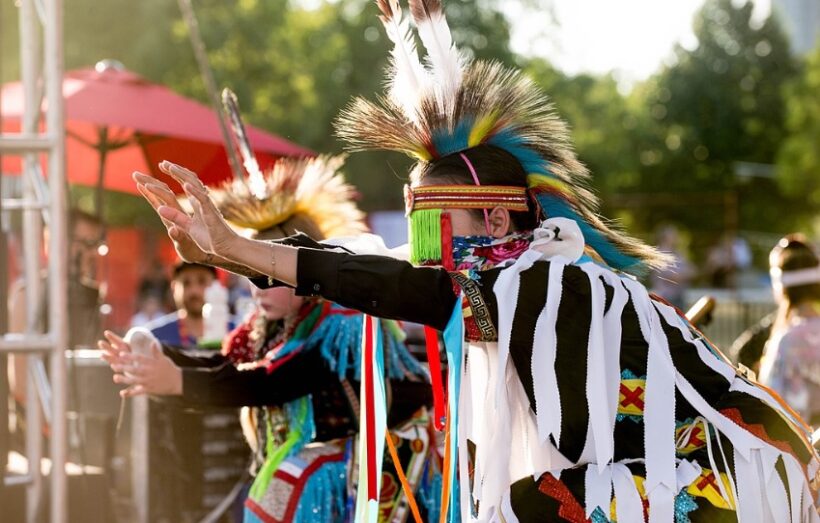On the International Day of the World’s Indigenous Peoples, the Assembly of First Nations (AFN) urges governments, organizations, and individuals to take action to protect, uphold, and safeguard the rights of First Nations across Canada, and the rights of Indigenous Peoples around the globe. This year’s theme, Protecting the Rights of Indigenous Peoples in Voluntary Isolation and Initial Contact, highlights the importance of respecting the autonomy and territories of Indigenous Peoples, including those who choose to live in voluntary isolation and depend strictly on the natural environment that they have protected for generations.
“The challenges faced by Indigenous Peoples in isolation mirror those of First Nations in Canada—threats to their land, resources, culture, and way of life due to imposed government policies and industrial development that fail to adhere to the United Nations Declaration on the Rights of Indigenous Peoples and the minimum standard of Free, Prior, and Informed Consent,” stated AFN National Chief Cindy Woodhouse Nepinak. “Today, we call on all levels of governments, organizations, and individuals to protect, uphold, and safeguard the rights of First Nations, ensuring their continued role as stewards of our world’s environmental health and diversity.”
Established by the United Nations in 1994, the International Day of the World’s Indigenous Peoples, observed annually on August 9, aims to raise awareness and recognize the contributions, achievements, and the cultures, languages, and traditions of Indigenous Peoples worldwide.
“First Nations, as the original stewards of Turtle Island, are best positioned to steward and protect their lands and waters sustainably. Today, we acknowledge and uplift the rights of First Nations to self-determination and sovereignty over their ancestral lands and waters, and the urgency to protect these rights, empowering First Nations to have full control over their livelihoods. As we celebrate the International Day of the World’s Indigenous Peoples, the AFN urges all Canadians to learn more about the diverse cultures, traditions, and languages of First Nations in Canada, as well as other Indigenous Peoples in voluntary isolation and infrequent contact globally.”
_______________________________
The Assembly of First Nations (AFN) is a national advocacy organization that works to advance the collective aspirations of First Nations individuals and communities across Canada on matters of national or international nature and concern.






